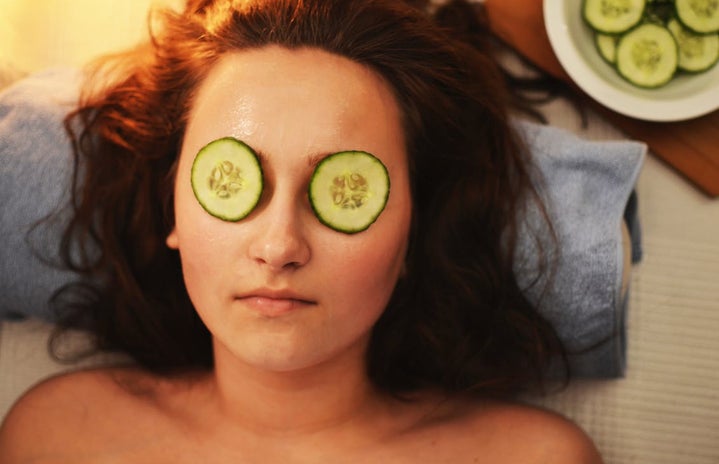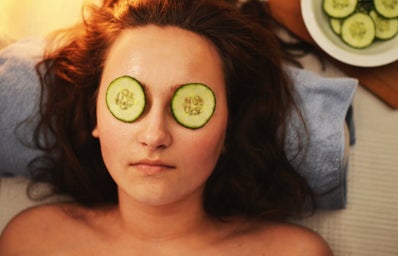In the past few years, there’s been a general trend in the beauty industry to promote skincare products rather than makeup products. Even when people use makeup, the more popular “daily makeup” looks shared by influencers appear to be ones that are understated, and are often called dewy, natural or just “no makeup-makeup” looks. Many people think of the shift towards these natural looks as a symbol of empowerment, a way of (literally) feeling more confident in one’s own skin rather than concealing it with makeup — which seems to have been the essence of the “Instagram Face” era. However, as someone who has been a skincare enthusiast in the past, I no longer agree with that perspective. While the skincare movement appears to be getting people to feel more confident in their own skin, it has pretty much grown into a less in-your-face version of makeup culture.

The idea of “perfect skin” seems unachievable and is often called a scam, with people constructing elaborate 12-step routines and sharing these online in the hopes of “improving” other people’s skin as well. The more elaborate your routine is, the more “healthy” it appears, and the more people like to brag about it. However, the notion that clear skin is inherently equal to healthy skin is completely untrue, and frankly seems like a more insidious way of making people obsess over their appearance even more than usual. In fact, some popular skincare products may contain phenol or other acids that can be incredibly damaging to your skin. Plus, there is no guarantee that all products will work for you, which means that every single person getting into skincare must spend an inordinate amount of time cycling through products, trying to find “the one”. There is so much time and money that goes into this, and at the end of the day, it is a myth: even the people who have these elaborate regimens never have blemish-free skin 24/7.
The obsession with perfect skin has also led to an increase in Instagram filters targeting a number of skin-related insecurities, including filters that hide wrinkles, blemishes, dullness, paleness, faded makeup — no matter what aspect of your skin is bothering you today, apparently Instagram has a “solution” for it. Filters are not inherently bad, but if a filter changes an aspect of your appearance enough to make you feel worse without it, it might be a good time to ask why you’re using it. To me, filters and other apps like FaceTune or Snow that have the option of removing any blemishes in your photos are just a byproduct of the skincare revolution: when people have more pimples or spots than usual, they simply resort to using these apps instead of just letting their skin be.
I definitely don’t think that the occasional consumption of skincare products is inherently bad: I love using moisturizers, and I’m pretty strict about washing my face once to twice everyday. However, I think there is a need for people to evaluate why they’re buying the products, and where the pursuit of flawless skin comes from. Do we want our skin to be clear because it genuinely makes us feel more confident and self-assured? Or is it just another way for the capitalist society we’re a part of to profit off our insecurities? In a world of social media, filters, and advertising, it can get incredibly difficult to draw the line between what we need and what we think we need. It is important to remind ourselves that, just like makeup, skincare is not something that we need. It is not inherently healthier, and probably won’t improve our lives as much as it professes to.

Skincare culture has somehow fooled everyone into thinking it is more revolutionary than makeup culture, but at the end of the day, it still reinforces the idea that people need to aspire to look smooth, spotless and youthful at all times. It is still contributing to the promotion of some seemingly achievable goal, while simultaneously being incredibly expensive and draining. Perfect skin literally doesn’t exist: every single person has different skin types, and every skin type should be considered normal, if not beautiful, too. Ultimately, we really do not need yet another change in the standard of beauty. What we truly need is self-acceptance, self-love, and the reinforcement of that age-old maxim: beauty is literally not skin-deep.

I’m not sure if I’ve really incorporated all of these wonderful lessons into my life yet, but we’ll get there someday! Plus, it’s impossible to be exactly like my grandma: there isn’t anyone quite like her — and honestly, she deserves to feel as unique as she is.



